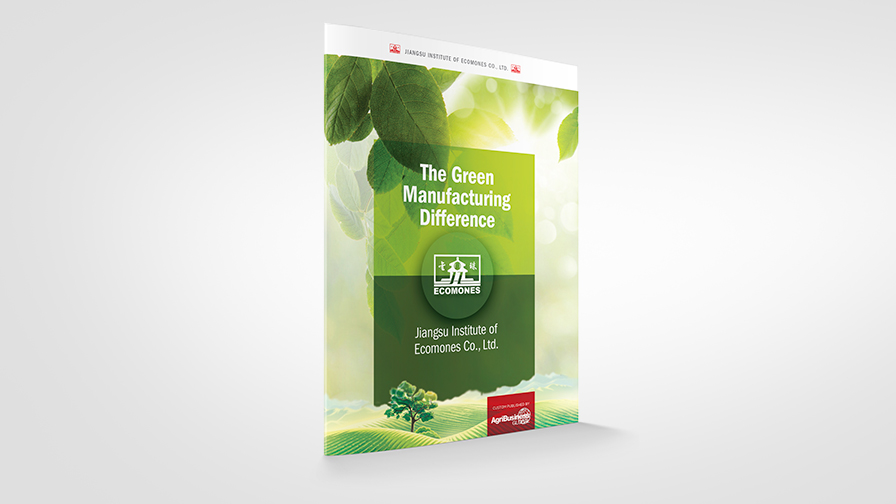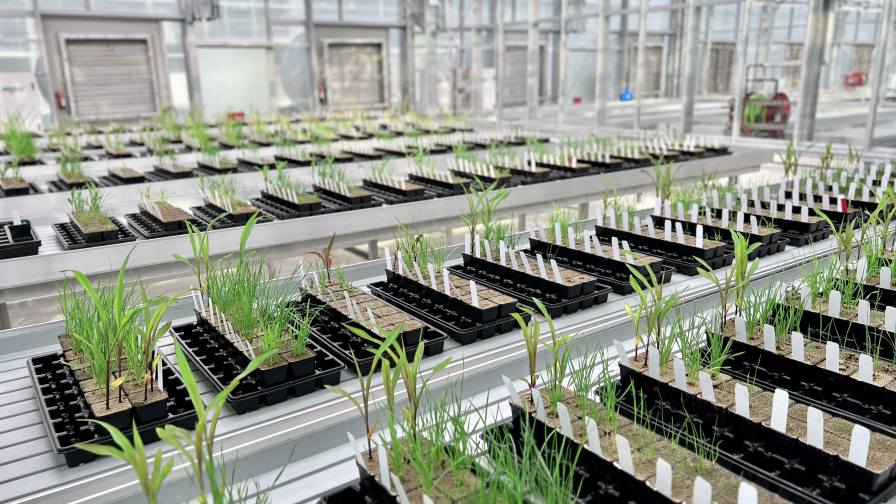Brazil: Letter to U.S. National Cotton Council
Dear Sirs
The WTO compliance panel in the U.S.-Brazil cotton case decided that the U.S. government had failed to comply with a previous WTO panel’s findings that the U.S. cotton program had caused “serious prejudice” to Brazil’s cotton sector. The ruling, made public Dec. 18, also announced that Brazil has reserved the right to seek U.S. $3 billion in damages from the case.
It is not our intention to discuss the merits of this case, on the contrary our interest is to support and preserve the name of cotton and its consumption. Discussion on this subject only raises a negative image of cotton, which is anyway under threat from the environmentalists.
As such there is much interest in common between producers in the U.S. and Brazil, including a need for greater market access in China and elsewhere, however with the greatest of respect it is unfair to attempt to influence public opinion against Brazil, in a manner which can only harm cotton’s already frail image.
We read in the press that:
Council Chairman John Pucheu said that with U.S. cotton acreage at its lowest since 1989, the WTO panel failed to fully evaluate recent world cotton market trends demonstrating that the U.S. is not adversely affecting world prices. “U.S. cotton acreage fell by 29% in 2007 and is expected to continue to decline in 2008,” Pucheu said. “U.S. exports fell significantly in 2006 and have declined overall as a percent of world exports.”
Meanwhile, acreage is up in many major-producing countries around the world, and payments under the U.S. cotton marketing loan for 2006 are down more than 40% from 2004 — and are expected to be zero in 2007.
“The international cotton market is strong, demand is exceeding production, world prices are up, and exports in countries such as India and Brazil are dramatically rising,” Pucheu continued. “Cotton production outside the U.S. mushroomed to 100 million bales in 2006 and is hovering near record levels for 2007. India is harvesting an all-time record crop and has dramatically increased their exports.” Brazil’s most recently harvested cotton crop was 49% over last year’s production; the country actually sold government cotton stocks in 2007 to attempt to depress cotton prices, said the NCC.
With such a clear misunderstanding of Brazil’s policy we would be happy to invite a delegation of NCC leaders to Brazil to learn more about Brazilian agriculture and farm policies.
Specifically the Brazilian Government does not hold stocks and even if they did, any attempt to depress cotton prices would seem to make no sense, when all the cotton growers are requesting are more remunerative prices. We might remind readers that well over half of Brazilian cotton production is consumed domestically and this continues to expand with the dramatic increase of purchasing power of the Brazilian public.
Perhaps for the record we might add that the recent decline of U.S. production of cotton was not connected with the elimination of Step 2, it is the ethanol program elevating the prices of corn and other grains that has encourage farmers to switch crops.
In fact the elimination of Step 2 was indeed fortunate, since otherwise world cotton prices would have been very much lower today. In 2006 with production superior to consumption, for the USA to move their stocks they would have had to discount the then current market by requiring ever larger Step 2 payments, therefore depressing the world market prices even more. By creating a more competitive market with the elimination of Step 2 the first step to a level playing field was established.
However we are sure that without the rhetoric we can achieve harmony in the cotton world and concentrate all our combined efforts on increasing consumption so that the resulting increased production from eventual higher prices can be placed on the shelves of the super markets and stores thoughout the world.
Andrew Macdonald
President
Brazilian Cotton Association





